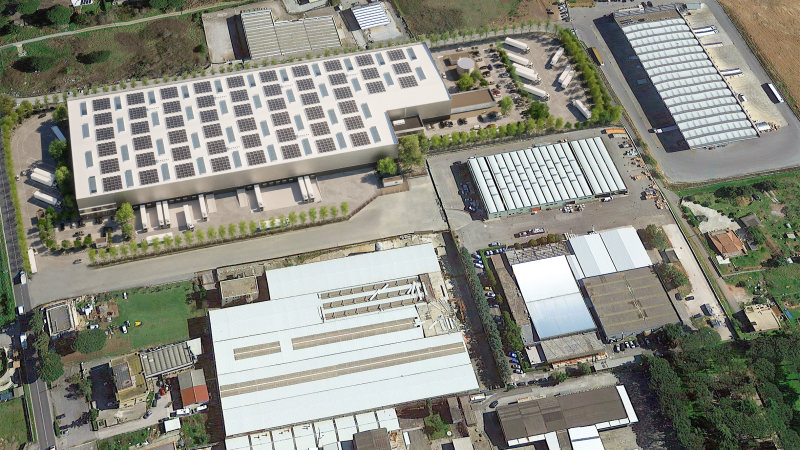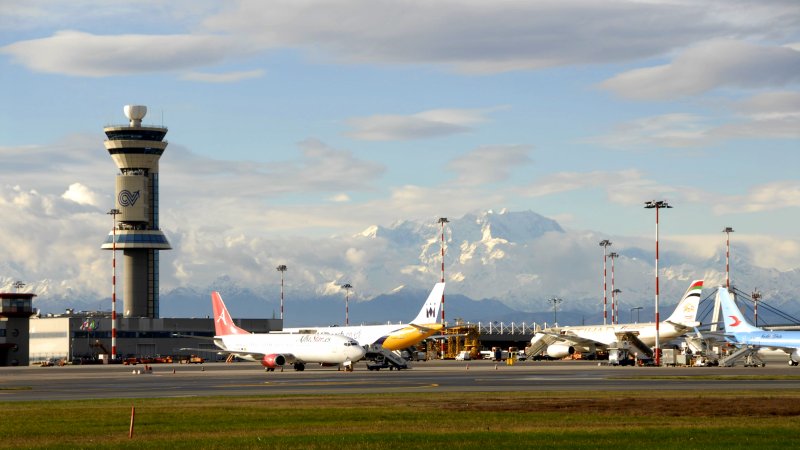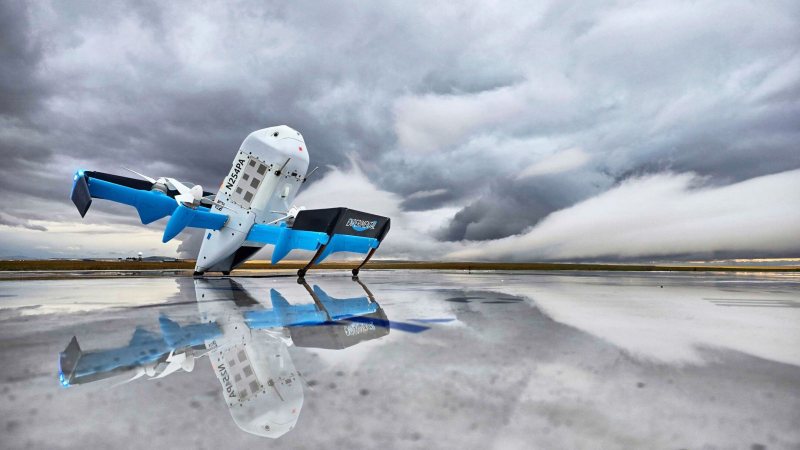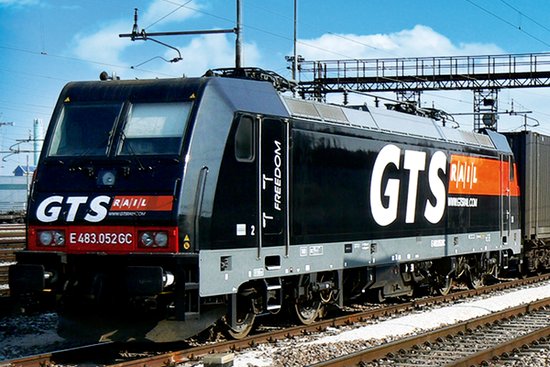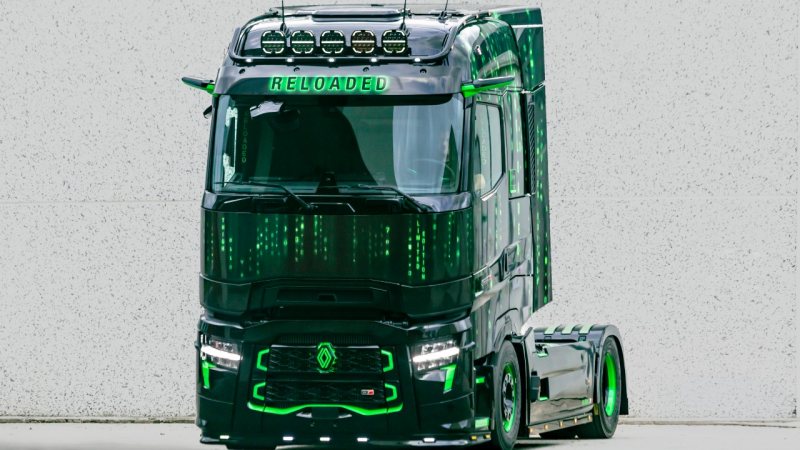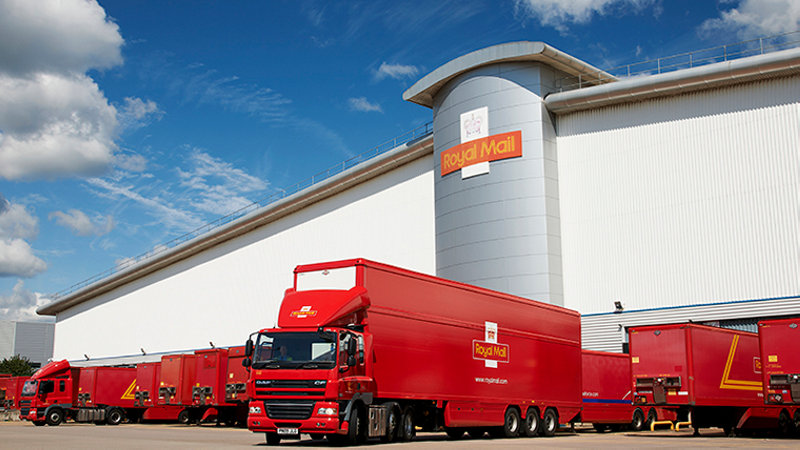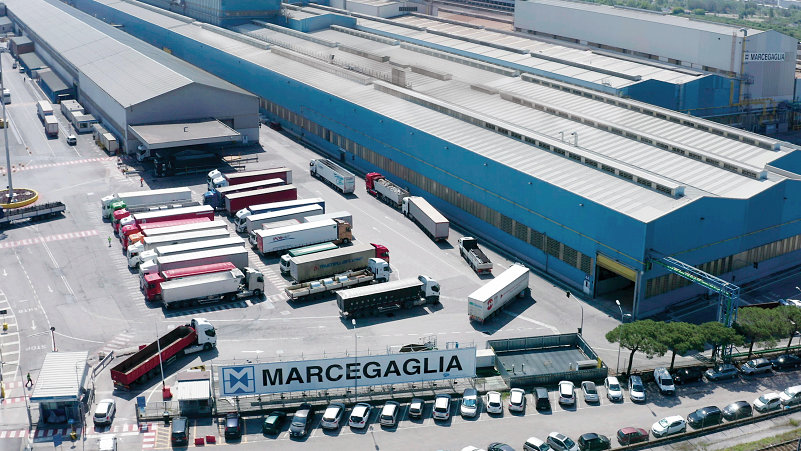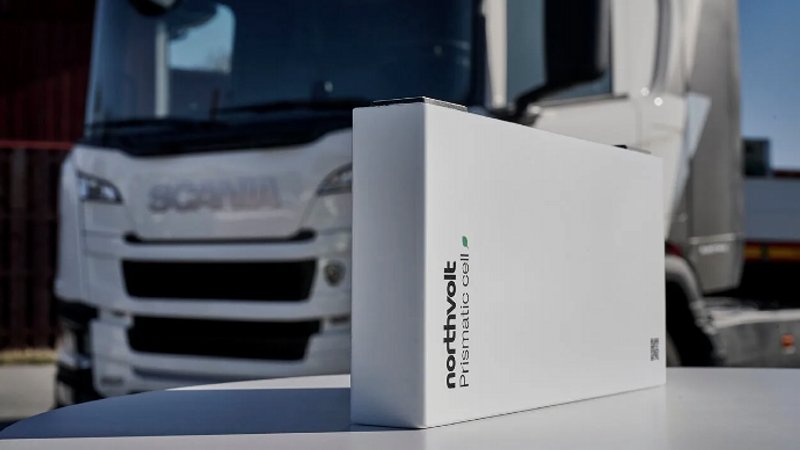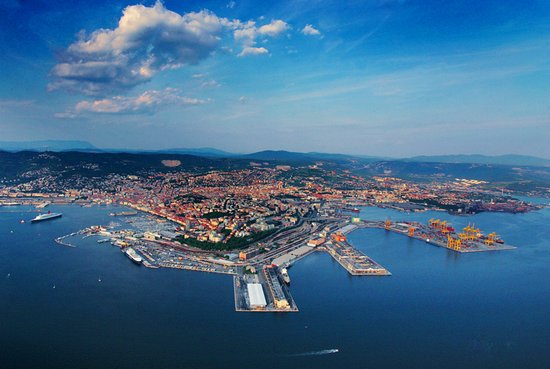In 2025 too, the world of logistics and transport didn’t hold back in celebrating April Fools’ Day with a series of creative and surreal pranks, as amusing as they were, at times, dangerously plausible. From shipping containers turned into micro-homes to lorries with built-in showers, and even freight transport into space, the sector let its imagination run wild. Here's a look at some of the most inventive (and well-executed) April Fools' tricks of 2025 that brought a smile to industry professionals and enthusiasts alike.
Among the most out-of-this-world ideas was the FlyHighBox, unveiled by German company Kögel. The firm imagined a future where goods are shipped and stored directly in outer space. The concept is clear: “unlimited storage space,” “free parking in orbit,” and “Supply Chain 3000” are the catchphrases of this new interplanetary logistics model. Available, of course, only from 1 April 2050. A tongue-in-cheek provocation that nonetheless hints at the increasingly urgent challenges surrounding storage and space optimisation on Earth.
 Foto: Kogel
Foto: Kogel
Swiss company Bertschi, known for its chemical transport containers, proposed a more down-to-earth reuse of its units: the BertschiBoxLiving, a line of sustainable micro-homes equipped with everything from a double bed and kitchen to a wetroom-style bathroom and solar panels. “Ideal for festivals, remote locations or compact urban communities,” the post declared in a deadpan tone. And really, who wouldn’t want to live in a former chemical container with a view of the terminal?
 Foto: Bertschi
Foto: Bertschi
Driver comfort took centre stage in another imaginary innovation from Vos: an integrated shower built into the lorry, positioned just behind the driver's seat. Taking advantage of the extra space allowed by new aerodynamics regulations, the concept replaces diesel tanks with water reservoirs and features a smart drainage system. “Perfect for drivers who want to look fresh after a long haul,” the post claims. The first test is, unsurprisingly, scheduled for 1 April 2026.
 Immagine: Vos
Immagine: Vos
There was also a jab at the sometimes absurd world of safety regulations. According to a fake new 2025 ADR law, from 1 July, drivers would be required to sniff drums to assess the danger of their contents: if it smells bad, it’s hazardous; if it makes you cry, it’s highly hazardous; if it smells nice, maximum caution is advised. A sharply funny spoof (pun fully intended) that gently mocks the often convoluted nature of dangerous goods transport regulations.
From across the Atlantic came the most geopolitically charged prank: the alleged Clear Carry initiative from the Trump 2.0 administration, mandating transparent luggage for all incoming passengers to the United States. The reason? To speed up customs checks and ensure maximum security. “A clear choice,” quipped the pun-laden conclusion, which quickly spread across the internet, mixing humour with the kind of uneasy plausibility that often defines the best hoaxes.
Finally, Gruber Logistics announced a revolutionary project: an underwater pneumatic infrastructure to connect Europe and the United States via ultra-high-speed capsules (over 10,000 km/h). A kind of freight “teleportation” promising sustainability, efficiency and speed. An idea so ambitious it might just be — perhaps — a little more far-fetched than 1 April.
 Immagine: Gruber
Immagine: Gruber
These April Fools' gags are more than just a creative outlet for corporate marketing teams. They also serve to bring the wider public closer to a sector often perceived as technical and remote. Humour mixes with provocation, and beneath the laughter lies space for reflection on the future of transport: from space logistics to container repurposing, via driver wellbeing and sustainability. For one day, even logistics takes a break from seriousness — and dares to dream big.


